Navy rape allegation ignored: Woman’s 20-year fight for justice
When Deborah Morris accused a superior of rape, she says the navy closed ranks and has done everything it can to discredit her cries for justice even 20 years on.
NSW
Don't miss out on the headlines from NSW. Followed categories will be added to My News.
A former navy trainee who claims she was raped by a superior says she felt “raped all over again” by the appalling way Defence handled her complaints and its efforts to sweep it under the carpet.
Deborah Morris has chosen to speak publicly about her treatment at the hands of a “trusted” superior to expose the culture of cover-up in the Australian Defence Force and “slut shaming” of victims that led her to attempted suicide.
After the abuse had been acknowledged by the Defence Abuse Response Taskforce in 2014, she lodged a complaint with Defence because she “wanted to hold the alleged perpetrator to account and ensure that he never did it again,” Ms Morris told The Sunday Telegraph.
“The ADF did not investigate my claim — even though I requested this on multiple occasions. I lost my career and he didn’t even get a slap on the wrist.”
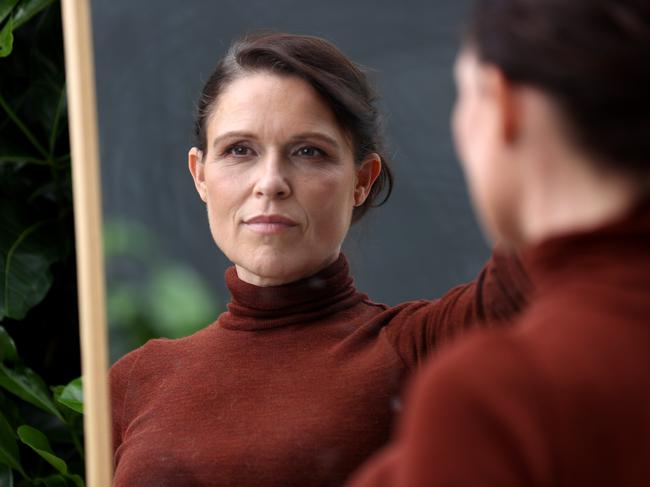
Ms Morris began training with the Royal Australian Navy in March 2002 at HMAS Cerberus, Victoria and met the alleged perpetrator on the base while she was a trainee.
Originally from Queensland, she did not know the area nor had any kind of support network nearby.
All rated sailors and commissioned officers at HMAS Cerberus held a position of power over trainees.
“From day one, recruits are drilled to always follow the directive of your superiors,” Ms Morris said.
“As trainees, we were expected to obey without question any command of a superior on base or otherwise face further and future consequences.”
Some five months into her training, Ms Morris was invited on a social outing off base with the alleged perpetrator, who at the time she considered a mentor.
“He used his position of authority and insisted on me attending because he said it would be good for my career as I would meet others already in the fleet,” she explained.
“As I had been indoctrinated to follow instructions of a superior and because of his persuasions relating to ‘assisting’ me with my career I felt compelled to follow his directive.
“What I failed to realise is that by arranging to pick me up from base and return me to base, he was ensuring that I had no possible way of returning. I didn’t know the area, and I had no friends that I could call to pick me up. My only way to travel to and from base was with him.”
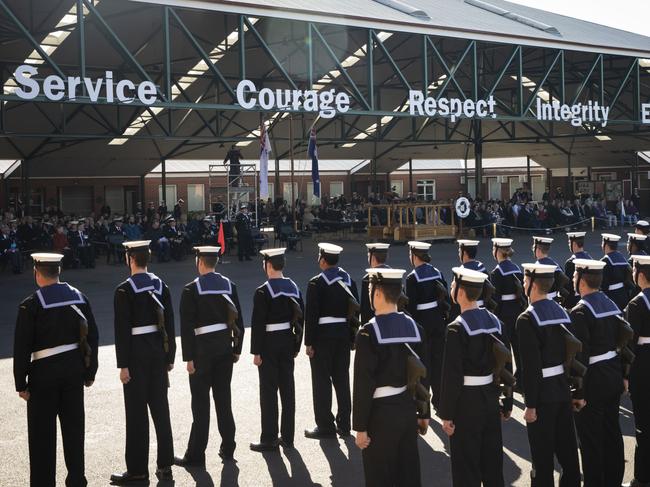
After socialising at a nearby venue Ms Morris said they returned to the alleged perpetrator’s residence.
“It was when we got to his house that I realised that there were not sufficient sleeping arrangements for me – even though I had been assured that there would be prior to the evening,” she said.
“At this point alarm bells were ringing and I knew that this was a bad situation. I felt I had been deliberately lured into a situation by a superior who exploited his position to take advantage of me.
“I felt like a deer trapped in headlights and could not think straight. All I wanted to do was run but there was nowhere to go.”
She says her superior raped her despite her repeatedly telling him: “No”.
After the sexual assault Ms Morris said she questioned herself as to why she didn’t leave the house, why she didn’t go to the police or HMAS Cerberus.
“The truth being that I have no answer. To find yourself thrust into a situation that you never thought you would find yourself in … for a person who held a considerable amount of power over you to lure you out, is indescribable and a break of considerable trust. I froze as a means to survive the assault.”
Once back at the base the superior told Ms Morris to “say nothing or he would get into trouble”.
“What makes me so angry about this is I felt like he tried to make me into his accomplice. But I already had a fair idea that if I spoke out, I would be told that I was the one to blame,” she said.
“The training culture at HMAS Cerberus at the time was around the sexual exploitation of women and more broadly the exploitation of those with less rank. I had already witnessed what happened to other female trainees who raised complaints and they were slut shamed and disbelieved.
“I remember this beginning in recruit school where male instructors would brag to the male recruits about how they had f**ked this woman, used derogative and sexual explicit language concerning females and continuously placed an emphasis on sleeping with as many women as possible.
“Keeping quiet and withdrawing seemed the only option. You were damned if you reported the incident and you were dammed if you didn’t. Your only choice was which damned you felt you could cope with best.”
THE FALLOUT
Ms Morris lost all career aspirations in the months following the assault. She was posted to Sydney and eventually found the courage to see a Defence health professional in 2003 because she knew she wasn’t coping.
“I tried to tell them that I had been raped but I felt that they weren’t listening to me. That stopped me from disclosing the assault again until well after I had left the navy because I felt that no one would believe me,” she said.
“It wasn’t until I saw my medical file in 2016 that I found out that they had written that I was more likely a ‘perpetual victim’.”
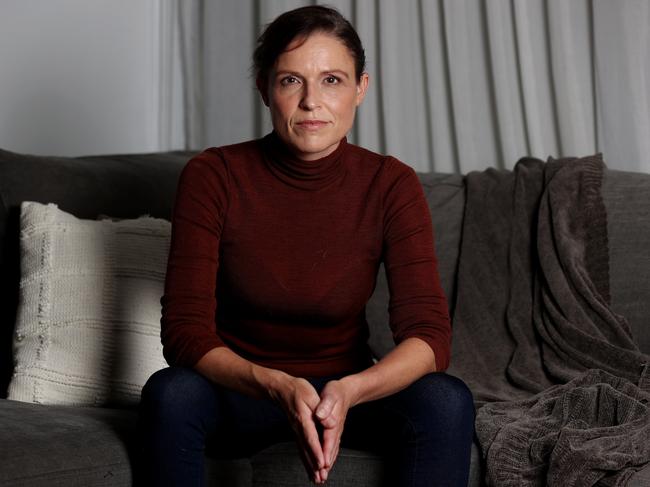
After leaving the navy in 2005, Ms Morris burnt her uniform and all reminders of her service in the ADF, to try to distance herself from the memories.
“I did not want to be reminded of my time in Defence. But it doesn’t matter how much you try to block out trauma, it has an insidious way of silently shaping every thought and decision you make,” she said.
“It took me until 2010, after the breakdown of my marriage, to find the courage to start disclosing the assault.”
A pivotal moment for Ms Morris came in 2012 with the Defence Abuse Response Taskforce (DART).
“I found out about the DART the day it was closing and realised that this may be my only opportunity to have my experience validated. In 2015, I attended a restorative justice engagement and received an apology from the navy which felt like a watershed moment. But any validation I felt was short-lived.”
LODGING AN OFFICIAL COMPLAINT
In 2015, she also lodged a complaint with the Victorian Police. While Victoria police were investigating her claims, she says the ADF sent status reports about the criminal investigation to the alleged perpetrator’s commanding officer.
“They took him in for questioning but, like too many other rape investigations, it fell to the question of consent. The alleged perpetrator said it was consensual and I said it was rape. So, the police made the decision not to press charges,” she said.
In 2016 the Defence Abuse Response Taskforce referred Ms Morris’ complaint to the ADF requesting an administrative investigation into the alleged sexual assault.
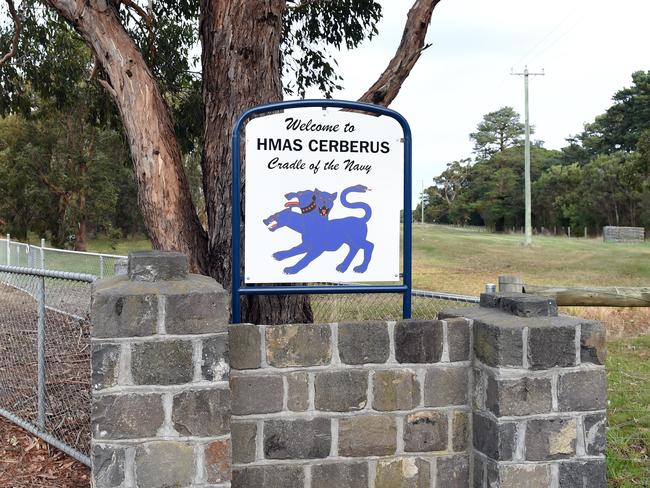
“Between 2016 and 2018 the onus fell to me to initiate all contact with Defence about the status of my complaint. I received an answer in 2018 with the Deputy Chief of navy informing me that they had determined from a character reference that no investigation was necessary,” she said.
Yet an internal review from the Chief of navy Office in 2017 recommended an officer inquiry.
Ms Morris was never informed of this review and nor has an inquiry ever occurred.
“The Australian Defence Force have no appetite to hold any of the still serving alleged perpetrators identified during the DART process to account,” Ms Morris said.
“The ADF just wanted the victims to go away and bury the complaints. My personal account of the assault was flippantly cc-d into multiple emails and sent to at least 20 people in the ADF without my knowledge or consent.
“I was told that my rapist was a model sailor and that because he had undergone generic cultural awareness training he was not a risk.”
‘COMPLETELY BROKEN’
Despite this, in 2015 she had already received a formal apology letter over the rape from a commodore that clearly acknowledges the abuse.
“He acknowledges the ‘profound adverse effect’ that the rape and the sexualised nature of the Royal Australian Navy work culture itself had on my subsequent mental health and how this had a direct and significant impact upon my career as a commonwealth employee,” Ms Morris said.
She has since received further apology from the ADF in 2021 for how her complaint was mishandled.
Concurrent to the ADF investigation, Ms Morris first applied for compensation to the Department of Veteran Affairs in 2016 at a point in her life where she was “completely broken”.
“I was a single mother living under the poverty line while trying to process the trauma associated with the sexual assault,” she said.
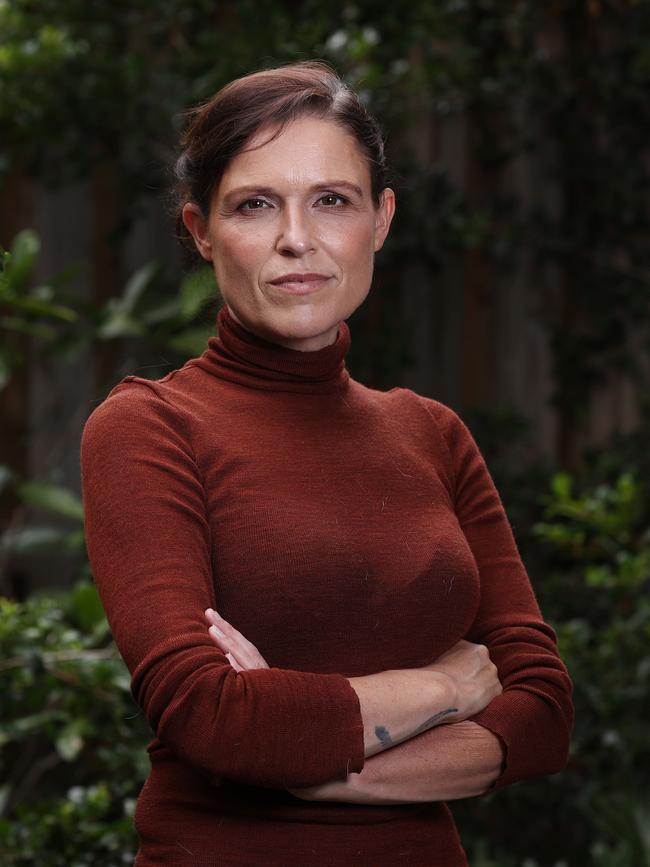
“I had just completed chemotherapy for breast cancer. I had no money, no capacity to engage with health providers and my living arrangements were highly volatile. I was extremely anxious about the ADF investigation, which added a whole other dimension to the situation.
“It was so difficult to put my hand up and ask for help. I was incredibly anxious that, as a sexual assault survivor, I would not be believed.
“So, it was acutely painful when the DVA slammed the door in my face on the same day I lodged the claim. No due process was applied and no legal oversight was sought as to the correctness or legality of the decision.
“One week after they rejected my claim, I tried to end my own life.”
Ms Morris says that what she has experienced since with DVA is a “bombardment of overlapping and concurrent instances of errors, delays, and lack of adherence to established procedures and correct law as well as misrepresentations of my disabilities and character”.
And she is still in the system.
“It has resulted in my health being worse now than when I entered the system six years ago. I essentially operate in a constant state of disassociation due to trauma now associated with DVA process. The gaslighting has been incessant.
“It should not take a survivor of sexual assault 20 years to fight for the pursuit of justice, support for injuries, and closure, especially from government institutions. It is also not acceptable that sexual assault survivors become retraumatised through these processes.”
Ms Morris’ lawyer and former Army officer, Glenn Kolomeitz from GAP Veteran & Legal Services, said “Military sexual assault is prevalent and is handled abysmally by both Defence and DVA”.
“In Deborah’s case, she needs to feel safe and emotionally secure into the future. I’ve contacted the Secretary of DVA with a view to facilitating outcomes which will provide that safety and security and would be pleased to speak with the Minister for Veterans’ Affairs about Deborah’s matter as a case study in how not to deal with victims of military sexual trauma.”
Defence and the Department of Veteran Affairs were contacted for comment.
Got a news tip? Email weekendtele@news.com.au




